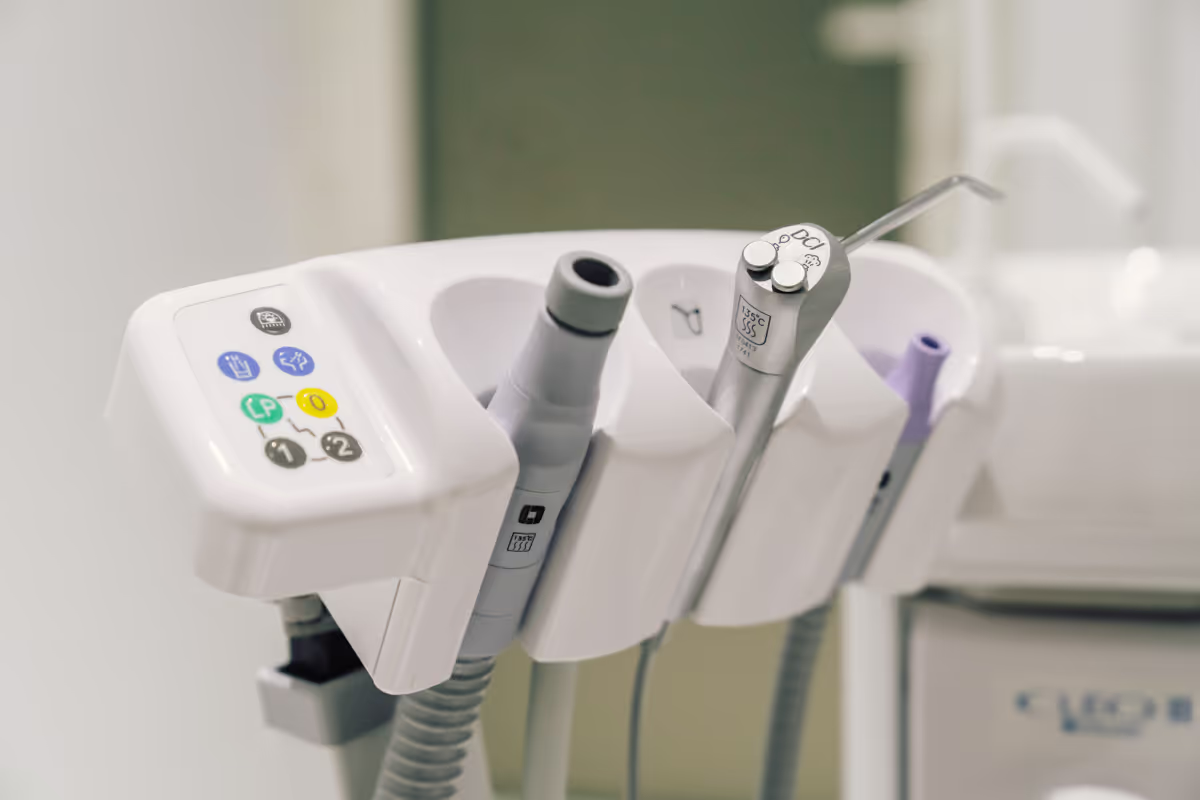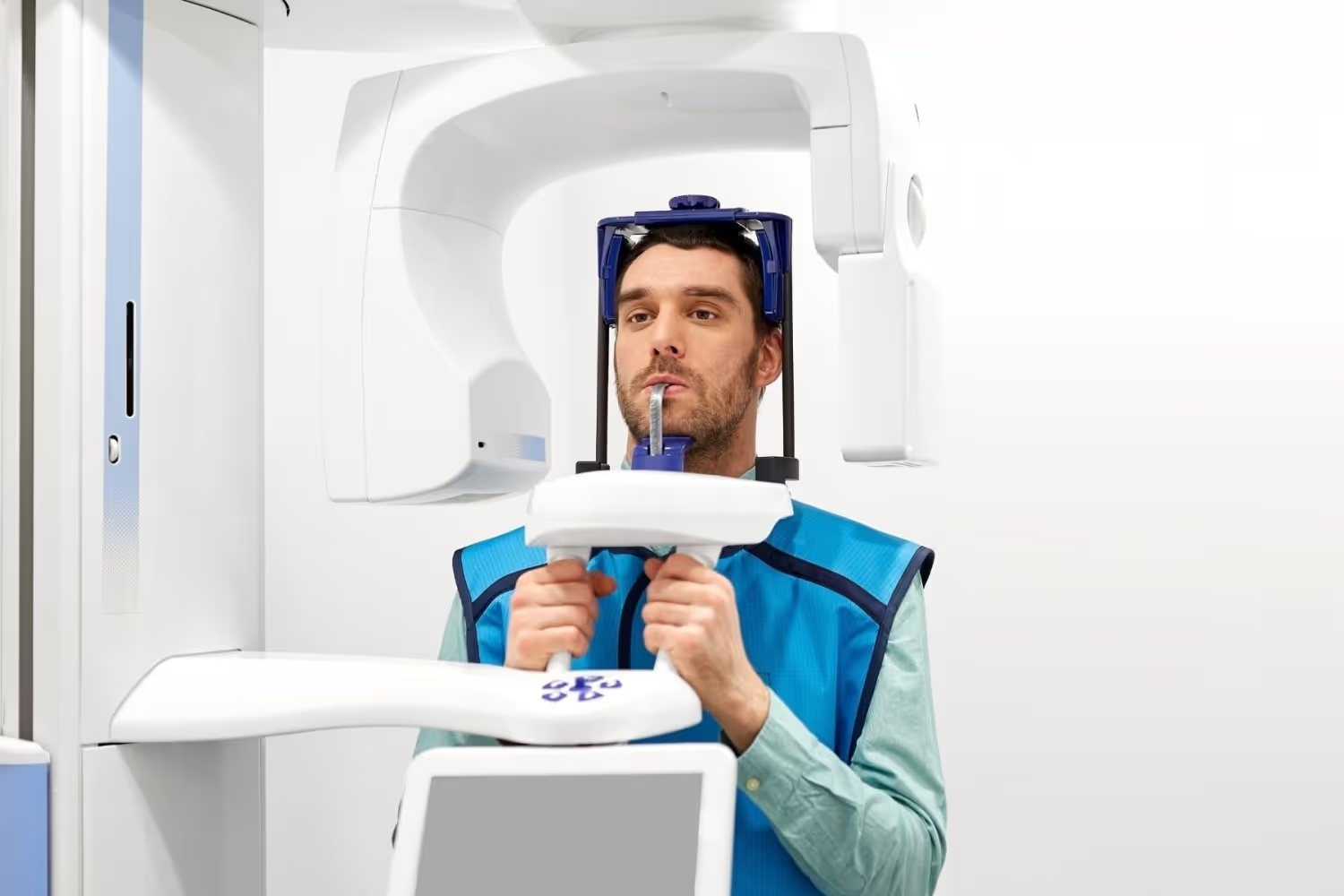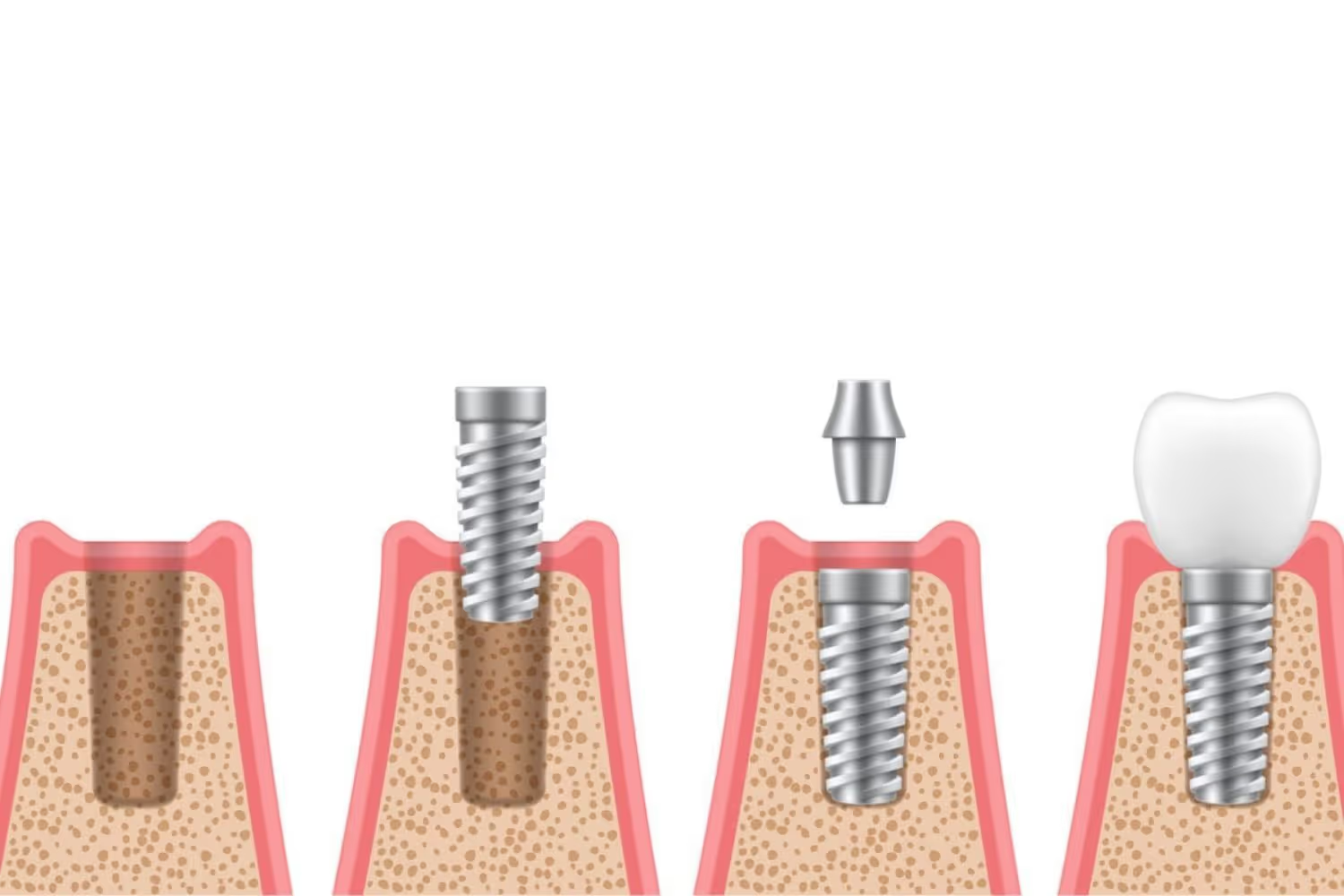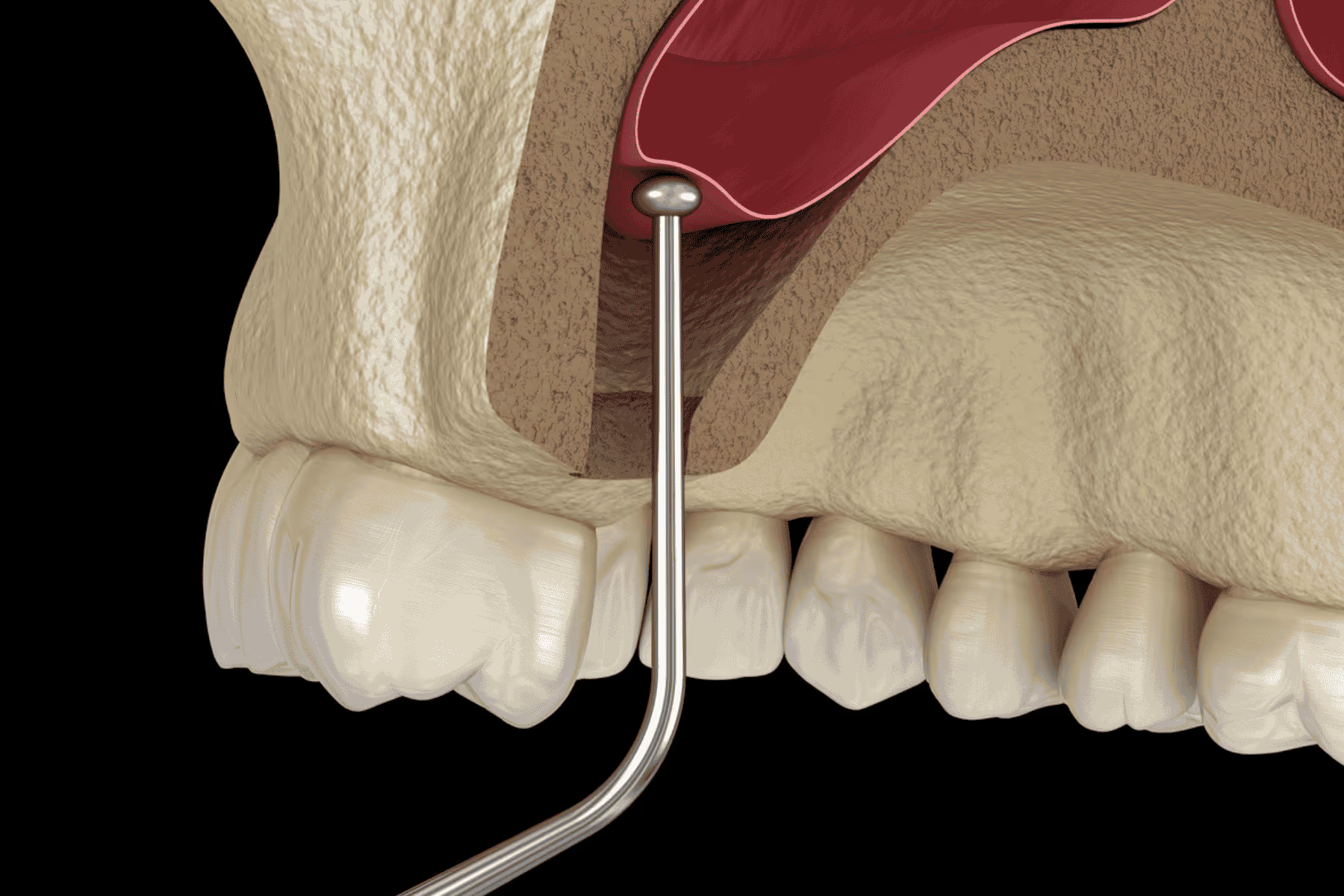

September 18, 2025
As it only takes months for the bone in the jaw to reabsorb after tooth loss, it's likely that if you've had missing teeth for several years or worn dentures, you won't have enough bone in your jaw to withstand an implant.Dental implants cannot be placed without sufficient bone in the jaw, so your chances of receiving one greatly diminish without prior bone grafting procedures. However, at this stage, it's all speculation and guesses.

All patients must undergo a CBCT scan and a clinical evaluation to assess the density of bone in their jaws before dental implant surgery. If it's found that you have insufficient density, you should feel confident in your dentist's advice to pursue a bone graft.However, getting a second opinion here doesn't always hurt. We might not be able to bypass the fact that you lack bone, but we could look into alternative implant systems that do not require higher bone densities.For example, with full mouth procedures like All-on-4, prior bone grafting won't be necessary. Additionally, there are alternative graft-like procedures, which are not as invasive and help make you a suitable candidate for implantation.

The cost of a bone graft will vary depending on the type and the amount of bone required. Generally speaking, at our practice in London, bone augmentations typically cost from £950 and are available for purchase on 12-month interest-free finance for £79.16 per month.

Unfortunately, a dental bone graft will prolong your treatment and delay the time we can surgically place the implant. The healing time for bone graft procedures can be anywhere from 1 to 12 months, depending on the size and location of the graft.The bone graft will need at least three months to heal before we can consider dental implant placement; however, more realistic timeframes are between six and twelve months.Treatment timeline: